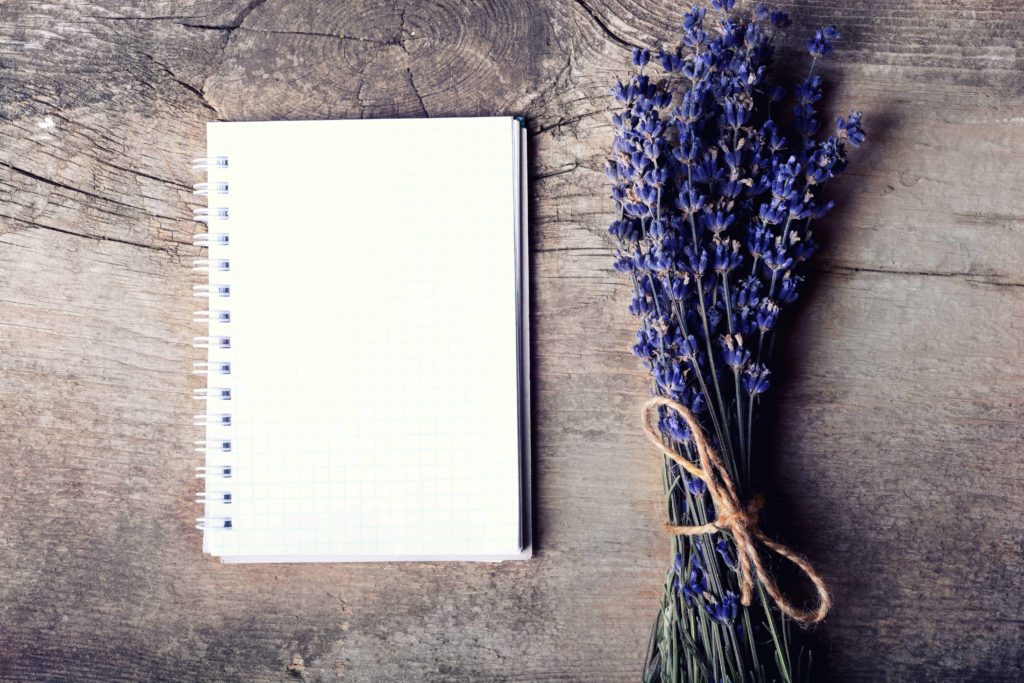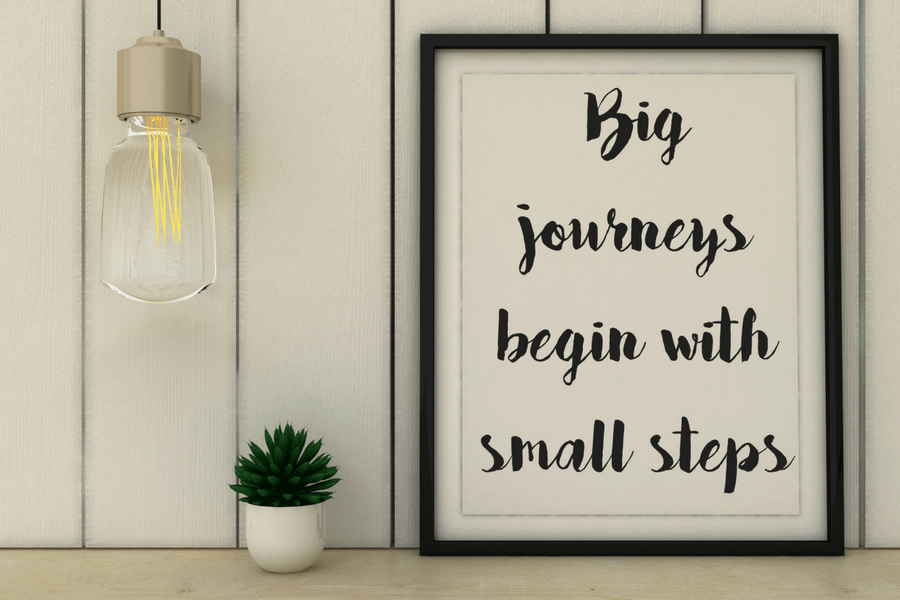Have you ever decided you want to start journaling, or been told you should give it a go, only to either pick up your pen and think ‘now what?’ or, journaled enthusiastically for a few days but then stopped? I can’t even count how many times in my life I intended to start journaling consistently, but gave up as quickly as I started, or didn’t even start in the first place!
Journaling is a very powerful tool, one that can change lives. Bold statement, yes, but one I believe whole-heartedly. For years I heard about why journaling was so great but I didn’t really know how to do it!
As soon as I uncovered what I wanted to journal about and how to do it successfully, I soon fell in love with it.

There are lots of reasons why someone may want to journal. Some people simply like to keep an account of their day/week to look back on in years to come. Some like to jot down ideas to create a better future for themselves. Some like to keep a log of their health or use journaling as a release, with their page as a sounding board.
There is no right or wrong reason to want to put pen to paper (or fingers to keys!) but it is beneficial to work out your own why.
Personally, I most often use journaling for the following 5 reasons:
1. Set my intentions.
Whether that is my intention for the day ahead, an intention or goal around work or a particular aspect in my personal life or an intention around a specific event/moment that I may be participating in.
For example, ‘I am attending a seminar today to learn more about the nervous system, and leave afterwards feeling confident in my health choices’. I look at my intentions as sacred contract to myself. Once it is written on paper, it is more likely to happen.
2. Record affirmations.
Today I wrote down (and repeated numerous times) ‘Everything I need comes to me at the perfect time’. Affirmations can help you change your perceived thoughts, improve your mood and help manifest your goals/wants/dreams.
An affirmation is simply a statement about what we want to happen. You may not even believe it at first, but by repeating your statement over and over and over again, it will have a powerful effect. Our brains do not know what is real or fake – we get to make it up, so make it good!
3. Brain dumping.
This is basically where I get out whatever it is I need to get out at the end of the day. My ‘stuff’. It could be notes about my day, something that is weighing on my mind or heart, ideas I have or questions to myself to help me work through something (lots of WHY questions). Anything at all really!
Research shows that journaling about stress/trauma of current or past circumstances improves your emotional health and sense of well-being.
4. ‘I am’ statements.
I am statements are basically affirmations! However, where I usually try and focus on one affirmation for the day/week, I may write out 20 different ‘I am’ statements on a daily basis. Things like ‘I am creative. I am free. I lead by example.’
Again, things that I want to happen (whether they already do or not) that are align with my values and the woman I want to be.
5. Expressing gratitude.
A lot of people say they are grateful, yet don’t practice the art of expressing it. When you start recording the reasons why you are grateful, it makes you much more mindful. This could be as simple as ‘I am grateful for waking up today’ or as complex and personal as you wish.
When you start really thinking about it, we have a whole lot to be grateful for!

You may have completely different reasons to journal and of course that is totally okay – better than okay! However, if you are unsure why or what you want to journal, maybe something above has resonated with you and given you some ideas.


















